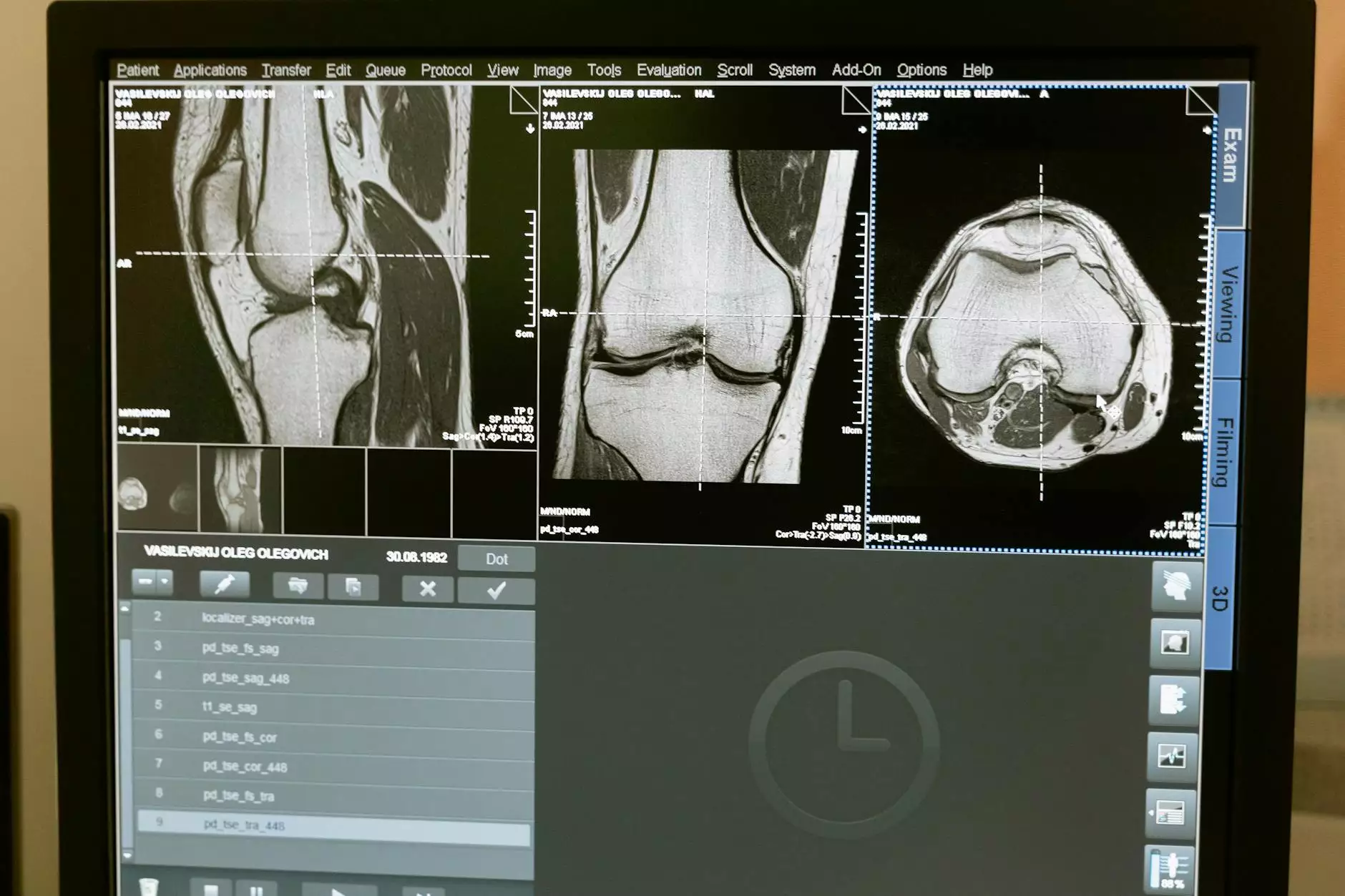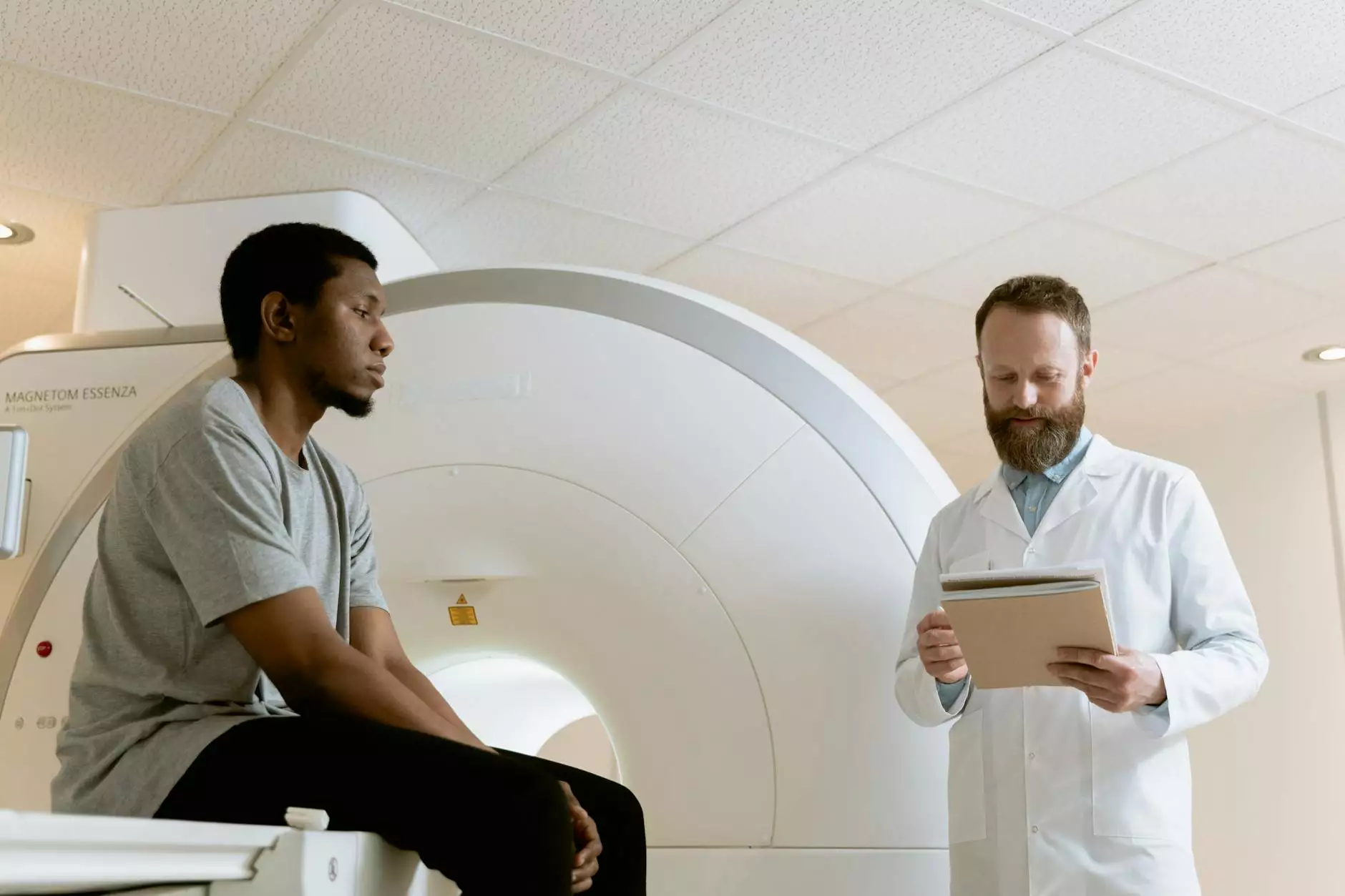Bone Cancer: Understanding Types, Causes, Symptoms, Diagnosis, and Treatment

Introduction
Welcome to the informative page on bone cancer, brought to you by Brandt Debra S MD – your trusted source for comprehensive medical services in the field of bone cancer. In this article, we will explore the types, causes, symptoms, diagnosis, and treatment options for bone cancer, providing you with valuable insights and knowledge.
Types of Bone Cancer
Bone cancer encompasses several types, with each presenting distinct characteristics and affecting different age groups.
Osteosarcoma
Osteosarcoma is the most common form of bone cancer, primarily seen in children and young adults. It typically develops in the long bones of the arms or legs and can spread to other parts of the body if not treated promptly.
Ewing Sarcoma
Ewing sarcoma mainly affects children and young adults as well. It commonly starts in the pelvis, thigh, or shinbone. This type of bone cancer can also metastasize to other areas.
Chondrosarcoma
Chondrosarcoma primarily affects adults, usually arising in the cartilage cells. It commonly occurs in the bones of the pelvis, shoulder, or upper leg.
Other Types of Bone Cancer
Some other less common types of bone cancer include fibrosarcoma, chordoma, and malignant fibrous histiocytoma.
Causes and Risk Factors
The exact causes of bone cancer are not fully understood, but various risk factors have been identified:
- Previous radiation therapy
- Hereditary conditions such as Li-Fraumeni syndrome and retinoblastoma
- Genetic mutations
- Pagets disease
- Exposure to high doses of radiation
While these factors increase the likelihood of developing bone cancer, it is important to note that not everyone with these risk factors will develop the disease, and bone cancer can also occur in individuals without any known risk factors.
Signs and Symptoms
Bone cancer often presents with various signs and symptoms indicating the presence of the disease:
- Unexplained bone pain
- Swelling or lump near the affected bone
- Weakened bones, leading to fractures
- Fatigue and unexplained weight loss
- Joint stiffness
It is essential to consult a healthcare professional if you experience any of these symptoms, as early detection can significantly improve treatment outcomes.
Diagnosis
Diagnosing bone cancer involves a comprehensive evaluation of the individual's medical history, physical examination, and various diagnostic tests, including:
- Imaging tests: X-rays, CT scans, MRI scans, and bone scans
- Biopsy: A sample of tissue is collected for analysis
- Blood tests: Assessing levels of certain markers associated with bone cancer
Accurate diagnosis is crucial to determine the type, stage, and extent of the bone cancer, which helps in creating an optimal treatment plan tailored to the patient's specific needs.
Treatment Options
The treatment of bone cancer depends on several factors, including the type, stage, and location of the tumor, as well as the patient's overall health condition.
Surgery
Surgical intervention is typically the primary treatment for bone cancer. The goal is to remove the cancerous tissue while preserving as much of the healthy bone as possible. In some cases, amputation may be necessary.
Chemotherapy
Chemotherapy involves the use of powerful drugs to kill cancer cells or prevent their growth. It can be administered before or after surgery to shrink the tumor, destroy remaining cancer cells, or reduce the risk of recurrence.
Radiation Therapy
Radiation therapy utilizes high-energy beams to kill cancer cells and reduce tumor size. It can be employed as an alternative to surgery or in combination with other treatments.
Targeted Therapy
Targeted therapy medications work by targeting specific abnormalities within cancer cells. These treatments can help block the growth and spread of cancer while minimizing damage to healthy cells.
Clinical Trials
Participation in clinical trials may be an option for some patients, providing access to innovative treatments and therapies, which are not yet widely available.
Conclusion
Understanding the types, causes, symptoms, diagnosis, and treatment options for bone cancer is crucial for early detection and effective management. At Brandt Debra S MD, we are committed to providing comprehensive medical services in the field of bone cancer, helping patients navigate their journey towards optimal health and well-being.
For further information or to schedule a consultation, please contact us today.










